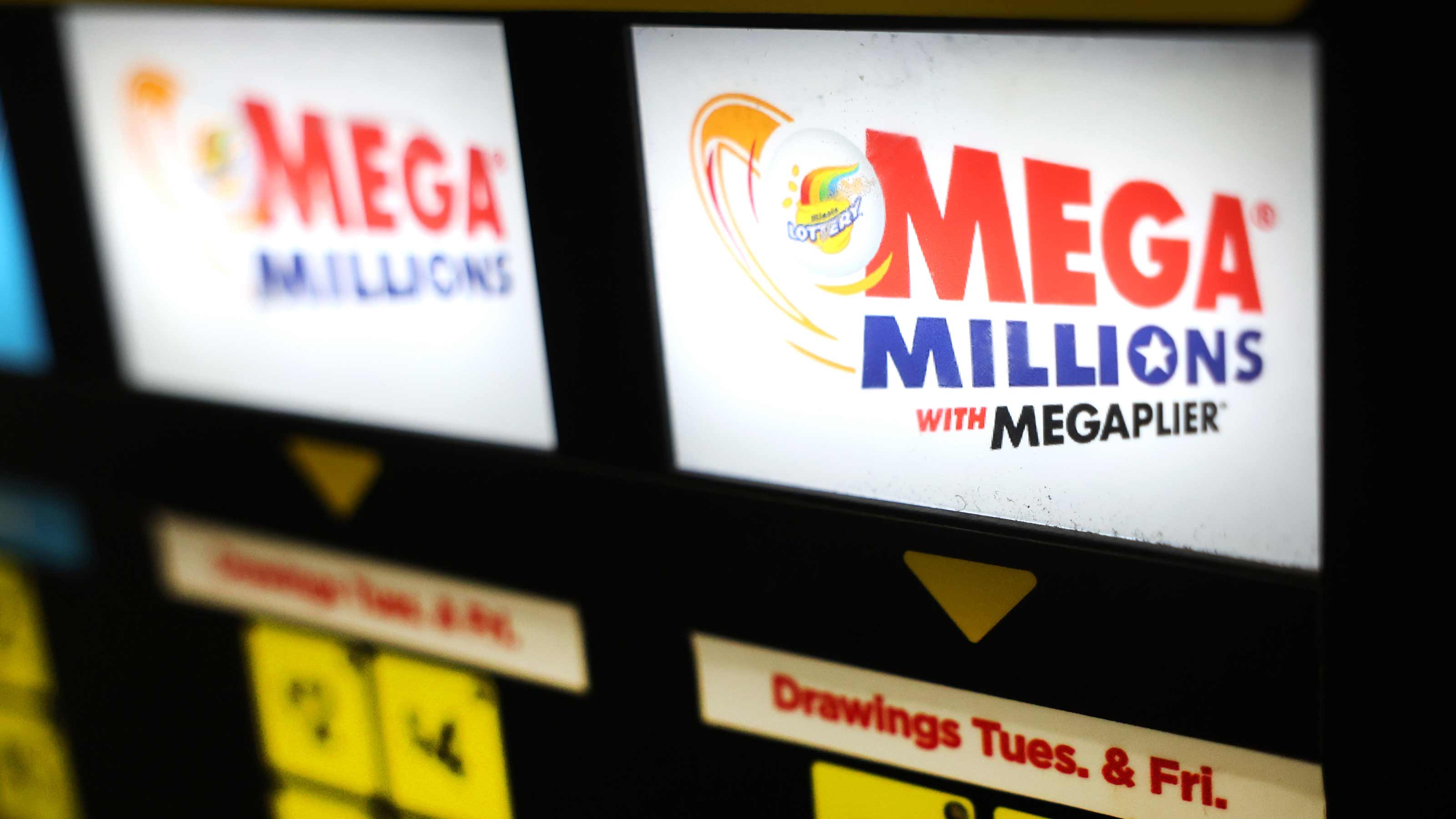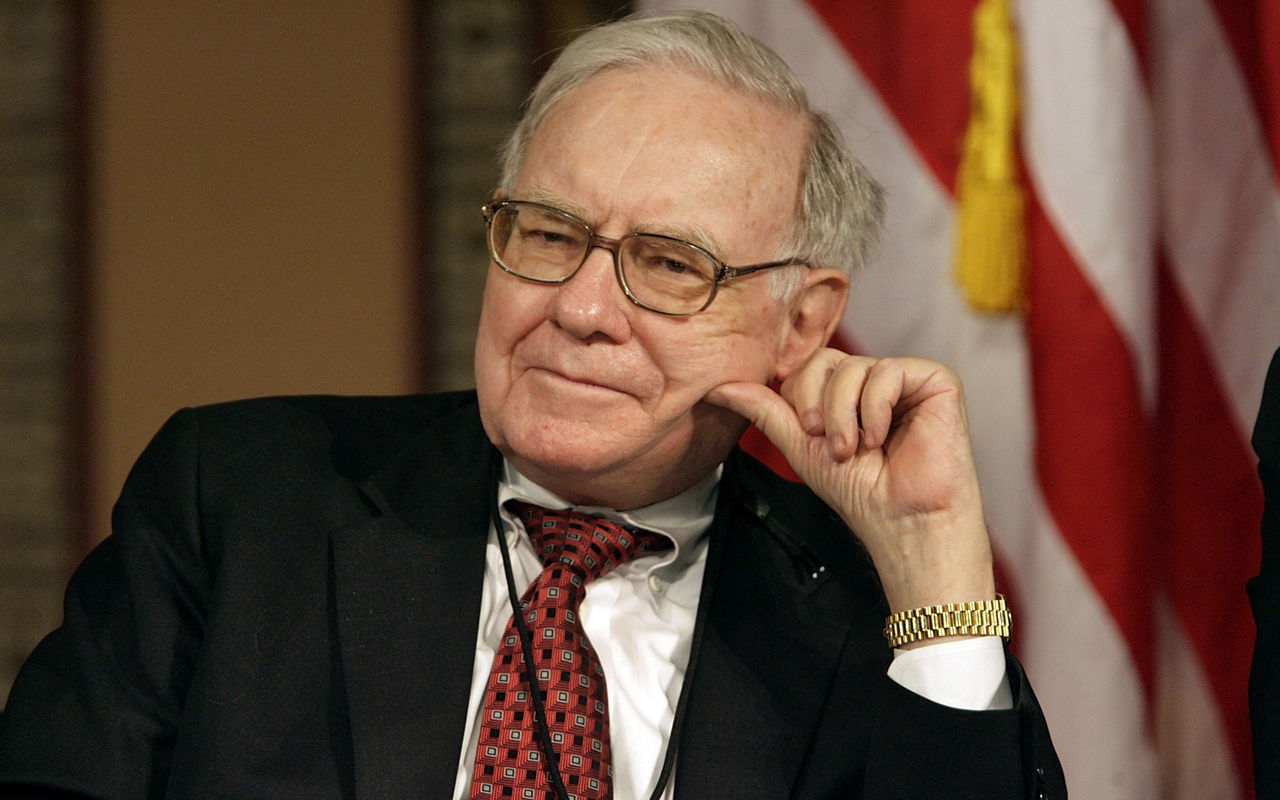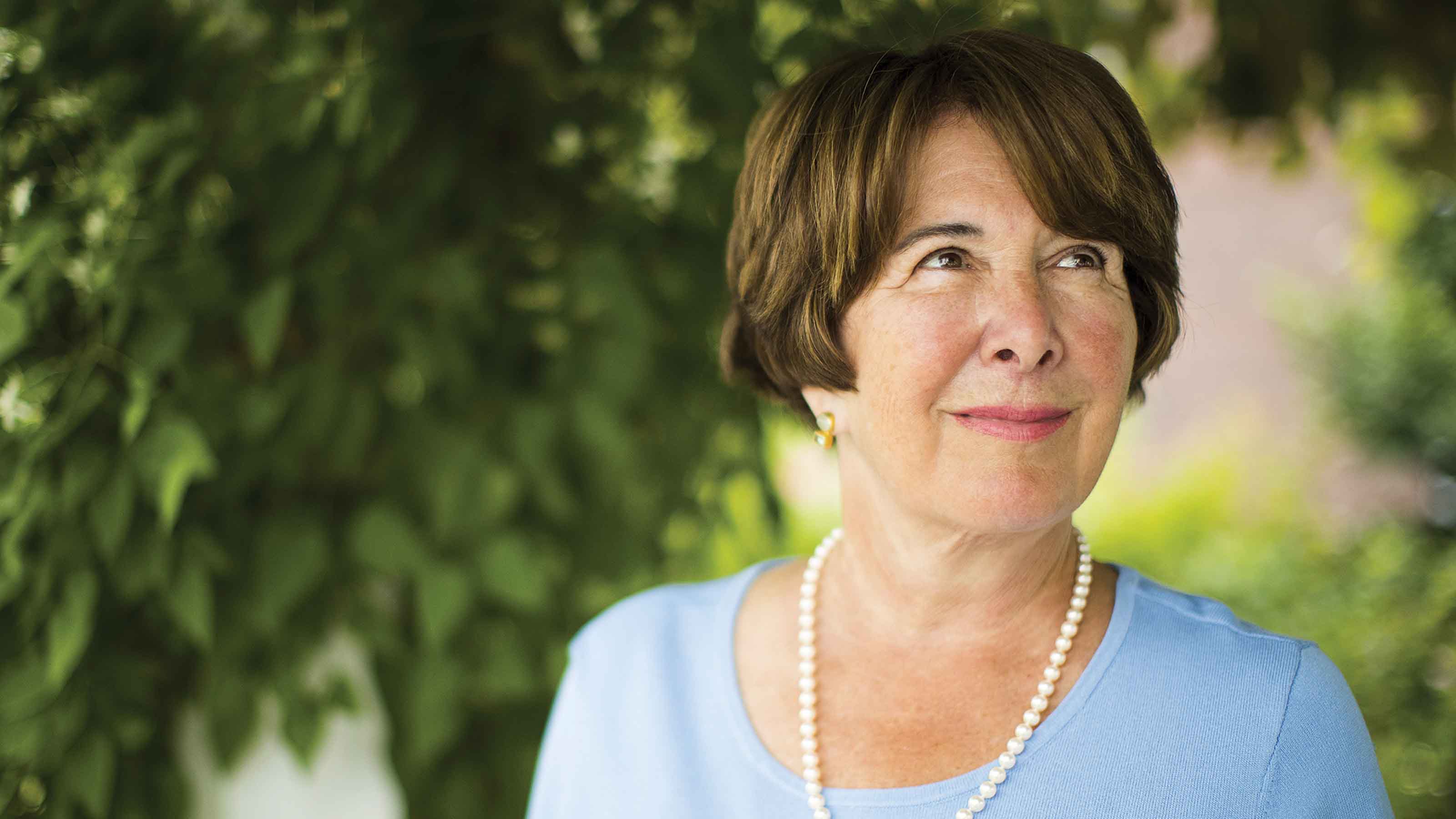Get In While You Can
There's a lot to be said for a fund that doesn't hesitate to close to new investors.

Profit and prosper with the best of Kiplinger's advice on investing, taxes, retirement, personal finance and much more. Delivered daily. Enter your email in the box and click Sign Me Up.
You are now subscribed
Your newsletter sign-up was successful
Want to add more newsletters?

Delivered daily
Kiplinger Today
Profit and prosper with the best of Kiplinger's advice on investing, taxes, retirement, personal finance and much more delivered daily. Smart money moves start here.

Sent five days a week
Kiplinger A Step Ahead
Get practical help to make better financial decisions in your everyday life, from spending to savings on top deals.

Delivered daily
Kiplinger Closing Bell
Get today's biggest financial and investing headlines delivered to your inbox every day the U.S. stock market is open.

Sent twice a week
Kiplinger Adviser Intel
Financial pros across the country share best practices and fresh tactics to preserve and grow your wealth.

Delivered weekly
Kiplinger Tax Tips
Trim your federal and state tax bills with practical tax-planning and tax-cutting strategies.

Sent twice a week
Kiplinger Retirement Tips
Your twice-a-week guide to planning and enjoying a financially secure and richly rewarding retirement

Sent bimonthly.
Kiplinger Adviser Angle
Insights for advisers, wealth managers and other financial professionals.

Sent twice a week
Kiplinger Investing Weekly
Your twice-a-week roundup of promising stocks, funds, companies and industries you should consider, ones you should avoid, and why.

Sent weekly for six weeks
Kiplinger Invest for Retirement
Your step-by-step six-part series on how to invest for retirement, from devising a successful strategy to exactly which investments to choose.
One of the few good things about the 2007-09 bear market was that a number of fine stock funds that had been closed to new investors reopened. As the asset bases of these funds shrank -- the result of falling share prices and shareholder withdrawals -- managers concluded that they could safely accept new cash without hurting their ability to run the funds efficiently. Despite the stock market's robust rebound over the past year, most of these reopened funds haven't been overwhelmed with new money. As a result, they're still open -- but that may not be the case for long.
There's a lot to be said for a fund that doesn't hesitate to close to new investors so that its managers can preserve the strategy that built its great record. As a longtime shareholder in Vanguard Capital Opportunity (symbol VHCOX), which has been closed to new investors since 2004, I think I have benefited from Vanguard's decision to stop the flood of new cash before the fund's managers started to drown in it.
Beat the rush. I've identified three standout funds that are open now but have closed in the past. Given the lack of cash infusion, they probably won't close soon. But because these funds boast strong long-term records, it wouldn't take much of a run-up to persuade investors to send them money. Rather than waiting for the rush, buy the funds now, enjoy excellent performance before they close, then relax after they shut.
From just $107.88 $24.99 for Kiplinger Personal Finance
Become a smarter, better informed investor. Subscribe from just $107.88 $24.99, plus get up to 4 Special Issues

Sign up for Kiplinger’s Free Newsletters
Profit and prosper with the best of expert advice on investing, taxes, retirement, personal finance and more - straight to your e-mail.
Profit and prosper with the best of expert advice - straight to your e-mail.
At Royce Special Equity (RYSEX), hot performance generally comes during down markets. Manager Charlie Dreifus's emphasis on firms with clean accounting and healthy balance sheets has helped make this small-company stock fund one of the best performers during bear markets. In 2008, for example, it lost 19.6%, compared with a drop of 33.8% in the small-company Russell 2000 index. Because of Special's performance history, money tends to flow into the fund near the end of bear markets. The swell usually subsides during rallies because the fund tends to lag in strong markets. Dreifus last closed his fund in 2004, when assets totaled about $900 million. Today, the figure is $1.3 billion. But for Dreifus, the decision on whether to close depends more on the availability of attractive stocks than on the fund's size.
I'd kick myself if I missed a chance to buy Vanguard International Explorer (VINEX). The fund, which invests in fast-growing small and midsize foreign companies, has a significant advantage over its rivals: It charges only 0.36% a year, 0.6 percentage point less than its next-cheapest no-load-fund competitor. A team from Schroder Investment Management, led by Matthew Dobbs, has produced strong long-term results with a patient approach, holding stocks about three years, on average. The fund's asset level, currently $2.0 billion, is a little higher than it was when it last closed, in 2004. The asset base tripled that year, suggesting that it was the rate of inflows more than the overall asset level that led to the close. A $25,000 initial minimum requirement is Vanguard's way of preventing a repeat of the onslaught.
You don't want to be caught on the outside looking in at Sequoia Fund (SEQUX). The last time the fund closed to new investors, in 1982, it remained shut for a quarter of a century. Assets at the time of the first closure were about $248 million; today, they total $2.9 billion. One of Sequoia's founding managers, the late Bill Ruane, had close ties to Warren Buffett. The fund is now in the hands of a new generation of managers, including Bob Goldfarb, who joined the firm in 1971 and has been a manager of Sequoia since 1998. Like Royce Special, Sequoia tends to hold up well in down markets and lag during rallies. The managers find shelter in big, fast-growing companies, such as Idexx Labs, and continue to hold a huge position (20% of the port-folio) in Berkshire Hathaway.
Columnist Russel Kinnel is director of mutual fund research for Morningstar and editor of its monthly FundInvestor newsletter.
Profit and prosper with the best of Kiplinger's advice on investing, taxes, retirement, personal finance and much more. Delivered daily. Enter your email in the box and click Sign Me Up.

-
 How Much It Costs to Host a Super Bowl Party in 2026
How Much It Costs to Host a Super Bowl Party in 2026Hosting a Super Bowl party in 2026 could cost you. Here's a breakdown of food, drink and entertainment costs — plus ways to save.
-
 3 Reasons to Use a 5-Year CD As You Approach Retirement
3 Reasons to Use a 5-Year CD As You Approach RetirementA five-year CD can help you reach other milestones as you approach retirement.
-
 Your Adult Kids Are Doing Fine. Is It Time To Spend Some of Their Inheritance?
Your Adult Kids Are Doing Fine. Is It Time To Spend Some of Their Inheritance?If your kids are successful, do they need an inheritance? Ask yourself these four questions before passing down another dollar.
-
 How I'm Going to Invest My Mega Millions Lottery Jackpot
How I'm Going to Invest My Mega Millions Lottery JackpotThe odds of winning the Mega Millions lottery are effectively zero, but here's how I'm investing my fortune should I hit the jackpot.
-
 Four Random Facts and Thoughts About Warren Buffett
Four Random Facts and Thoughts About Warren BuffettIf I love Warren Buffett so much why don't I just marry him?
-
 Investing in Gold Is Dumb
Investing in Gold Is DumbStocks are better than gold for both generating wealth and offering protection against inflation.
-
 What's So Scary About a Mega-Cap Tech Bull Market?
What's So Scary About a Mega-Cap Tech Bull Market?Bears say the market can't keep rallying when only five mega-cap tech stocks are driving returns, but history suggests otherwise.
-
 We Are Not in a Bull Market
We Are Not in a Bull MarketIt takes more than a 20% gain off the low to proclaim the beginning of a new bull market.
-
 Why I Don't Buy Stocks
Why I Don't Buy StocksIt's nearly impossible to beat the market – but it is cheap and easy to match it.
-
 Amy Domini on the Secrets of Sustainable Investing
Amy Domini on the Secrets of Sustainable InvestingESG An ESG pioneer says finding good corporate citizens is the best way to make money.
-
 Bitcoin Halving: What Does It Mean for Investors?
Bitcoin Halving: What Does It Mean for Investors?Technology 'Mining' for this cryptocurrency just became a lot more expensive